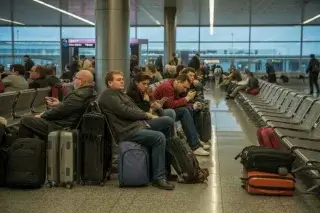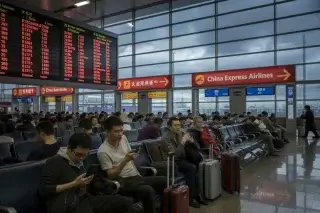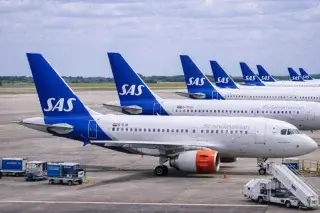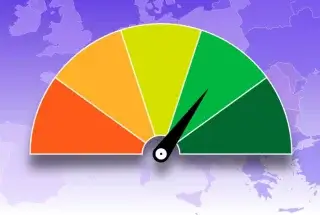Post-Schengen Challenges: Bulgaria's Efforts to Attract Foreign Workforce

Work Visa Delays Threaten Tourism Industry.
Bulgaria has been a full member of the Schengen Area since January 1, 2025, bringing several economic benefits. However, the country is now facing challenges in hiring foreign workers, particularly in the tourism sector, due to long bureaucratic delays in issuing work visas.
- Visa waiting times stretch to several months
- Business representatives call for system modernization
- Workers face multiple administrative hurdles
- Long Visa Processing Times Discourage Candidates
According to Schengen.News, businesses in Bulgaria are struggling with outdated administrative processes and poor coordination between state institutions. These issues were addressed at a roundtable discussion organized by the Bulgarian Union of Balneology and SPA (BUBST).
A Novinite report highlights that work visa processing can take up to three months, leading many approved workers to abandon their applications mid-process.
- Processing work documents for 80 employees requires over 1,000 pages of paperwork
- Foreign workers must visit multiple institutions before officially starting their jobs
- Opening a bank account can take up to two months, delaying salary payments
Bulgarian law requires companies with over 100 employees to pay salaries via bank transfer, but delays in bank card issuance often result in late payments. In some cases, employers face fines for paying wages in cash.
Lack of Personnel in Bulgaria’s Consular Services
Officials from Bulgaria’s Ministry of Foreign Affairs reported that despite processing 2.8 million visa applications per year, budget constraints prevent hiring additional staff.
- Bulgaria operates 85 consular offices worldwide but has only 100 diplomats and 70 technical assistants.
- Efforts to increase funding have failed, leading to longer visa processing times.
Tourism Industry Calls for Visa System Modernization
Industry representatives urge the government to modernize Bulgaria’s visa application system, including the introduction of electronic visas.
Minister of Tourism Miroslav Borshosh announced plans to establish a working group to address legislative and administrative barriers affecting businesses.
A report by the Economic Research Institute at the Bulgarian Academy of Sciences estimates that full Schengen accession will generate €833.3 million per year for Bulgaria. However, without enough workers, the country may struggle to fully capitalize on this opportunity.








